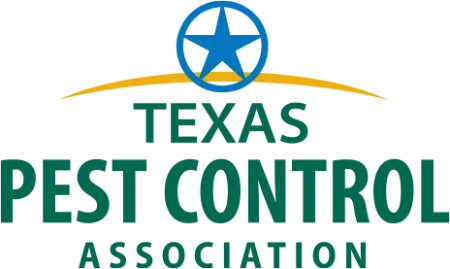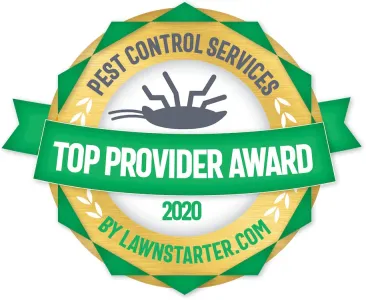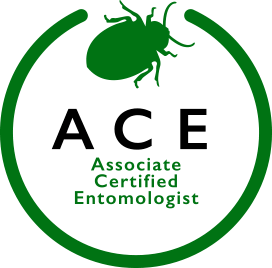Frequently Asked Pest Control Questions
Here are some frequently asked questions we get about our services:
Q: What can I do to make my treatment most effective?
A: General home maintenance is typically the best, keeping your yard mowed, gutters cleared, kitchen clean, etc. There are a few specific things you can do, however, to get the best bang for your buck:
- Spraying extra pesticide on an area that has already been professionally treated can have a negative effect on the treatment.
- Wait to run sprinklers for at least an hour after treatment. Waiting a day or two (if possible) would be even better.
- Reduce any standing water in or around your area, this includes the gutters.
- Notify your pest control provider when doing property renovations or add-ons. It might be possible to have wall voids treated before drywall is installed. This can be especially effective near plumbing areas.
Q: Who is the best pest control company?
A: The best pest control company for you cares for you, your family, and your home; communicates honestly, promptly, expertly, and kindly; and knows how to solve your pest problem in the most efficient and effective way possible.
Having served our community for over 30 years and lived here for more than 40, we know this area well – which pests are most problematic and when. We'll give our honest, professional recommendation regarding what services are right for you without any pushy sales. And we'll solve your problem then and there if at all possible!
Q: How long will treatment last?
Q: Can't I treat my pest problem myself?
A: You can. But...
Some home improvement store pest control products use the same active ingredients that professional pest control operators use. There are two big differences, however, in what you can buy at a store and what a professional pest operator can use: Quantity and Quality.
- Quantity (active ingredient percentage): Chemical producers are allowed to sell their products to the general public only up to a certain percentage of active ingredient. Professional pest control operators are professionally and commercially licensed to both use and apply pest control products that have a higher concentration of active ingredient. Used correctly, this allows for a more effective treatment.
- Quality: While some home improvement store pest control products have certain pests on their advertised label, that doesn’t mean it’s the best product (active ingredient percentage or active ingredient type) for your specific pest. Professional pest control operators go to great lengths to find the products that work best for each pest control issue they face.
Q: How does treatment work?
A: We offer both exterior and interior treatments that involve different applications.
Most exterior treatments include both a liquid and granule treatment to address the present pest problem as well as prevent them from coming back (for a time). (There is no “silver bullet” for providing a single pest control treatment that lasts forever. Regular treatments are recommended for long term control and prevention.)
Interior treatments typically include a liquid application. Baits can also be used in some instances based on the type and severity of the pest problem.
Q: Are pests harmful?
A: Unfortunately, some can be.
- Cockroaches, in particular, are a leading trigger of allergies and asthma attacks. Their saliva, droppings, and decomposing bodies have allergen proteins known to increase the severity of asthma symptoms, especially in children.
- Mosquitoes transmit at least four human diseases (West Nile Virus, Malaria, Zika, Dengue Fever) that have been found in the United States. All of them have potentially fatal consequences.
- Stinging/Biting insects are not considered a public health risk and do not transmit disease like mosquitoes, but they are responsible for sending over 500,000 people to the hospital in the US each year. As such, they should be considered dangerous and should be left to professional pest control operators to deal with.
Q: How do I rodent-proof my home?
A: There are many factors that should be taken into account when rodent-proofing your home such as:
What rodent am I dealing with?
Where are the entry points?
Are there other potential entry points?
Has the rodent created any damage or unhealthy conditions that I should alter?
Will the materials I’m using stand up to weather and rodent tampering?
Because each of these is important to answer and because each combination of answers might change the approach taken to rodent-proof a house, it is highly recommended to have a professional pest control operator assess the situation and provide appropriate solutions.
GET A FREE QUOTE!
Q: How do you get rid of roaches?
A: Roach treatments include a liquid pest treatment. For larger infestations, baits can be used in conjunction with a liquid spray to target roaches in more specific or sensitive areas, such as kitchens or bathrooms.








